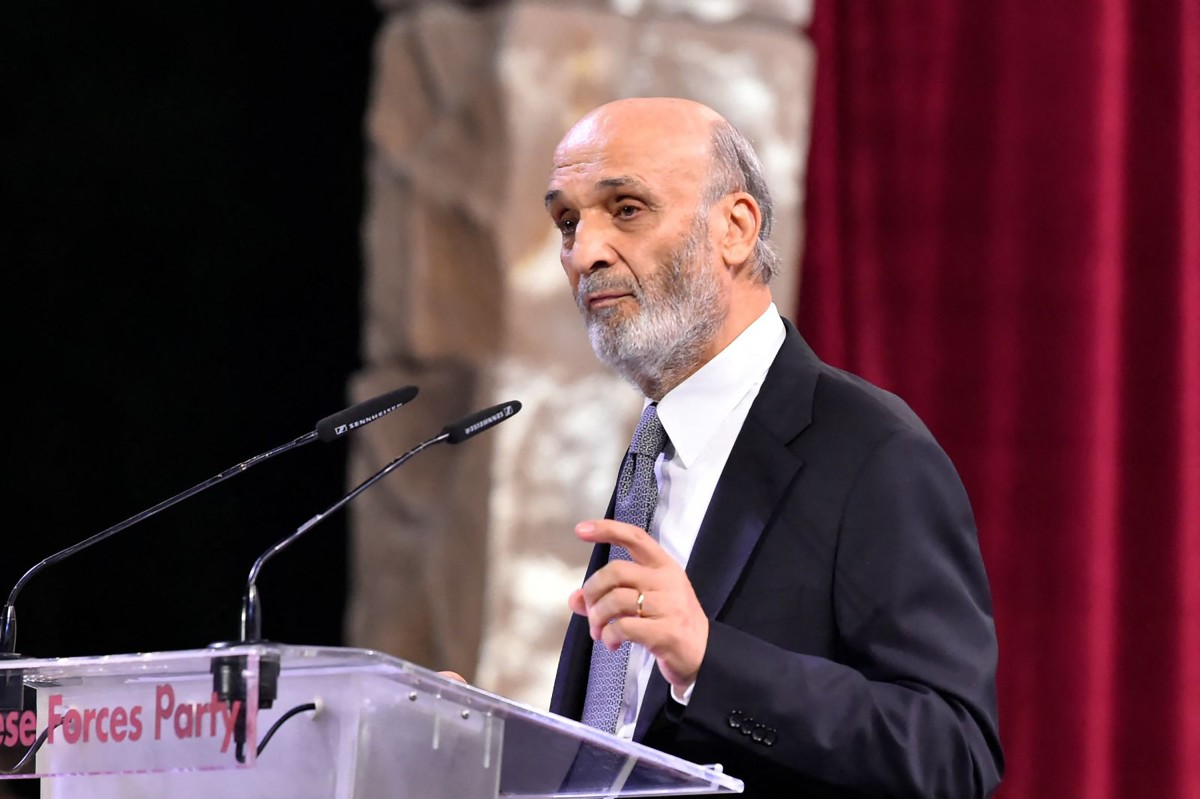No electoral law is ever perfect or complete; each one has its advantages and its drawbacks, and everything is relative. Electoral laws and the voting process fall not only under constitutional and administrative law but also within the framework of political and democratic systems. Therefore, the electoral law is more than a procedural framework for voting and converting ballots into parliamentary representation; in the view of the Lebanese Forces, it reflects the authenticity of representation and the credibility of partnership.
For the Lebanese Forces, the parliamentary file was the first indication of the coup against the Taif Agreement, beginning with the appointment of MPs in 1991, when the number of seats it obtained was disproportionately smaller than those granted to Syria’s allies. Then came the increase in parliamentary seats from 108, as stipulated by Taif, to 128—without convincing justification—and the added seats were distributed among districts in a way that allowed others to dominate them at the expense of Christians. The 1992 elections followed, boycotted by most Lebanese—especially Christians—with only 13 percent of them turning out to vote. That election law even allowed the Syrian nationalist Ghassan Matar to win the Maronite seat in Beirut once held by Kataeb Party founder President Pierre Gemayel. Much has been said about the laws that were “cooked up” at the Syrian intelligence headquarters in Anjar, one of which was even dubbed the “Ghazi Kanaan Law.”
Those laws, known as the “bus” or “steamroller” laws, were tools in the Lebanese-Syrian security apparatus serving the interests of the Syrian occupation and its loyalists. They helped “manufacture” packaged or proxy MPs and entrenched the equation of “winners and losers.” They also sought to create a substitute political class to replace major Christian representatives—from the Lebanese Forces to the Aounists, Kataeb, Liberals, and the National Bloc.
Hence, the Lebanese Forces regard the 2017 law—known as the “Georges Adwan Law” and reached after years of debate—as by far the best compared to its predecessors, including the 1960 law. General Michel Aoun, upon its reinstatement under the Doha Agreement, had described the 1960 law as “restoring rights to their rightful owners.” While Christians could previously elect, at best, 30 of their 64 MPs with their own votes, the Adwan Law raised that number to nearly 55.
Today, the Lebanese Forces are leading the battle to abolish Article 112 of the law, which allocates six seats to the diaspora starting from the second electoral cycle after implementation. They, along with others, managed to suspend that clause during the 2022 elections. Some critics fault the party for this stance, reminding it that the current law is the “Georges Adwan Law”; yet the Forces have not called for its repeal, only its amendment. Amending laws, after all, is a natural right derived from practice.
Initially, the Lebanese Forces accepted this clause because MP Gebran Bassil had made its inclusion a condition for supporting the law. In 2017, the party’s priority was to achieve a law that would enhance representation and free voters from the “bus” and “steamroller” mechanisms. The party was convinced that Bassil’s proposal was both practically non-applicable and rejected by the majority of Lebanese abroad, as it undermined their main goal: maintaining a link to their roots and taking part in shaping national decisions.
On Thursday, November 6, 2025, the Cabinet is set to hold a decisive session to approve a draft amendment to the electoral law, after merging two proposals—one by Foreign Minister Youssef Raji and the other by Interior Minister Ahmad Hajjar—previously referred to a ministerial committee for review and consolidation. Ministers from the Lebanese Forces were promised that Thursday’s session would be the final deadline for presenting the electoral bill, which must then secure a Cabinet majority to be referred to Parliament.
True, the Lebanese Forces are keen on the success of the presidency—guided by its “inaugural address” roadmap—and on the government’s success in line with its policy statement, but the party “is not in anyone’s pocket.” Party leader Dr. Samir Geagea warned against any procrastination in Thursday’s session, declaring that all options are on the table if the bill is not passed and sent to Parliament’s Nejmeh Square.
The Lebanese Forces’ battle today is twofold: on one hand, to amend the electoral law and guarantee the right of expatriates to vote for all 128 MPs; and on the other, to entrench the “state logic” within both the government and the Parliament. The executive authority’s attempt to toss the issue to the legislative branch—avoiding a vote under the pretext that electoral law is solely the Parliament’s prerogative—is misguided. While separation of powers exists, the executive complements the legislative branch, and according to the Foreign Ministry, allocating six diaspora seats is simply impractical.
Any minister has the right to propose a draft law, just as MPs may submit an urgent repeated bill—only the General Assembly is entitled to uphold or remove that urgency. Thus, today’s battle goes beyond resisting Speaker Nabih Berri’s personalized management of Parliament or the government’s fear of collapsing should it assert its role. It is a battle to enforce respect for the law and to complete the long-delayed “Crossing to the State” project once championed—but ultimately unfulfilled—by the March 14 coalition.
Please post your comments on:
[email protected]
 Politics
Politics







